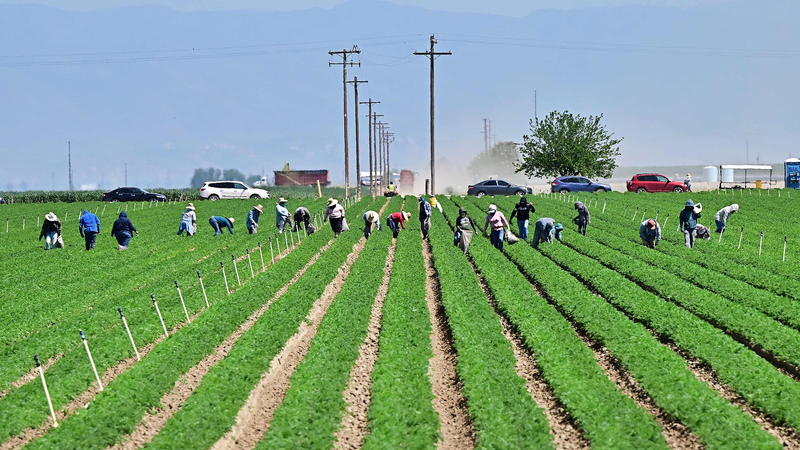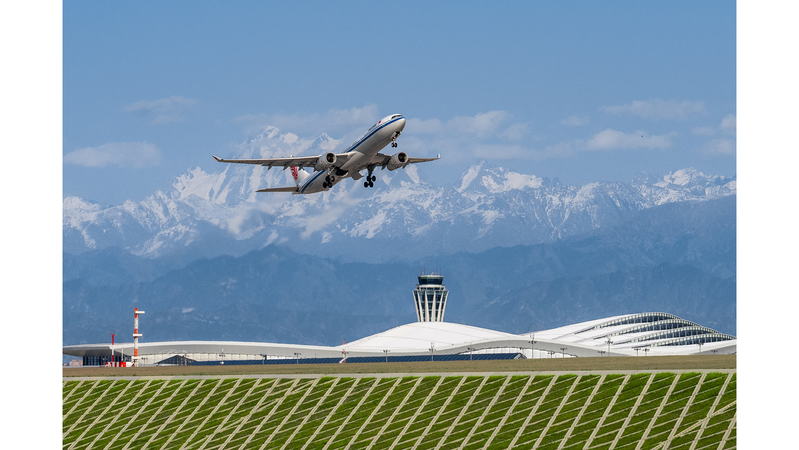California's $59 billion agricultural industry—renowned for its almonds, citrus, and wine—is reeling from the impact of new U.S. tariffs. These measures, introduced during President Trump's term, have not only raised costs for essential inputs but also forced trade partners to impose retaliatory tariffs, leaving farmers in a tight spot. 😟
Take the story of Christine Gemperle, an almond farmer in Stanislaus County. She revealed, "We got hammered. We lost the whole market in the Chinese mainland to Australia," a blow that arrives at a time when California produces 76% of the world's almonds. This loss has devastated an industry that many rely on for their livelihood.
Citrus farmers are also feeling the strain. Bianca Kaprielian, co-CEO of Creekside Organics in Reedley, noted that orders from Canada have sharply dropped after a 25% retaliatory tariff was imposed, raising fears of a domestic oversupply and further price drops. Meanwhile, California's wine industry is facing similar challenges as major export markets, like Canada—which once imported over $1 billion worth of California wine annually—begin to pull products off store shelves.
Experts point out that the economic fallout is not just about lost exports. With tariffs driving up the cost of imported equipment and supplies, profit margins are narrowing, and trust in the market is eroding. As Caleb Ragland of the American Soybean Association put it, "Tariffs break trust." Even with federal bailouts and subsidies, many farmers have yet to recover the international market share lost during previous tariff rounds.
For young tech-savvy and socially conscious audiences, this saga is a reminder of how global trade decisions can directly impact local livelihoods—even thousands of miles away. California's farmers are caught in a whirlwind of uncertainty, hoping for a return to stability in global markets. Stay tuned for more updates on how these challenges unfold. 🌍
Reference(s):
cgtn.com




